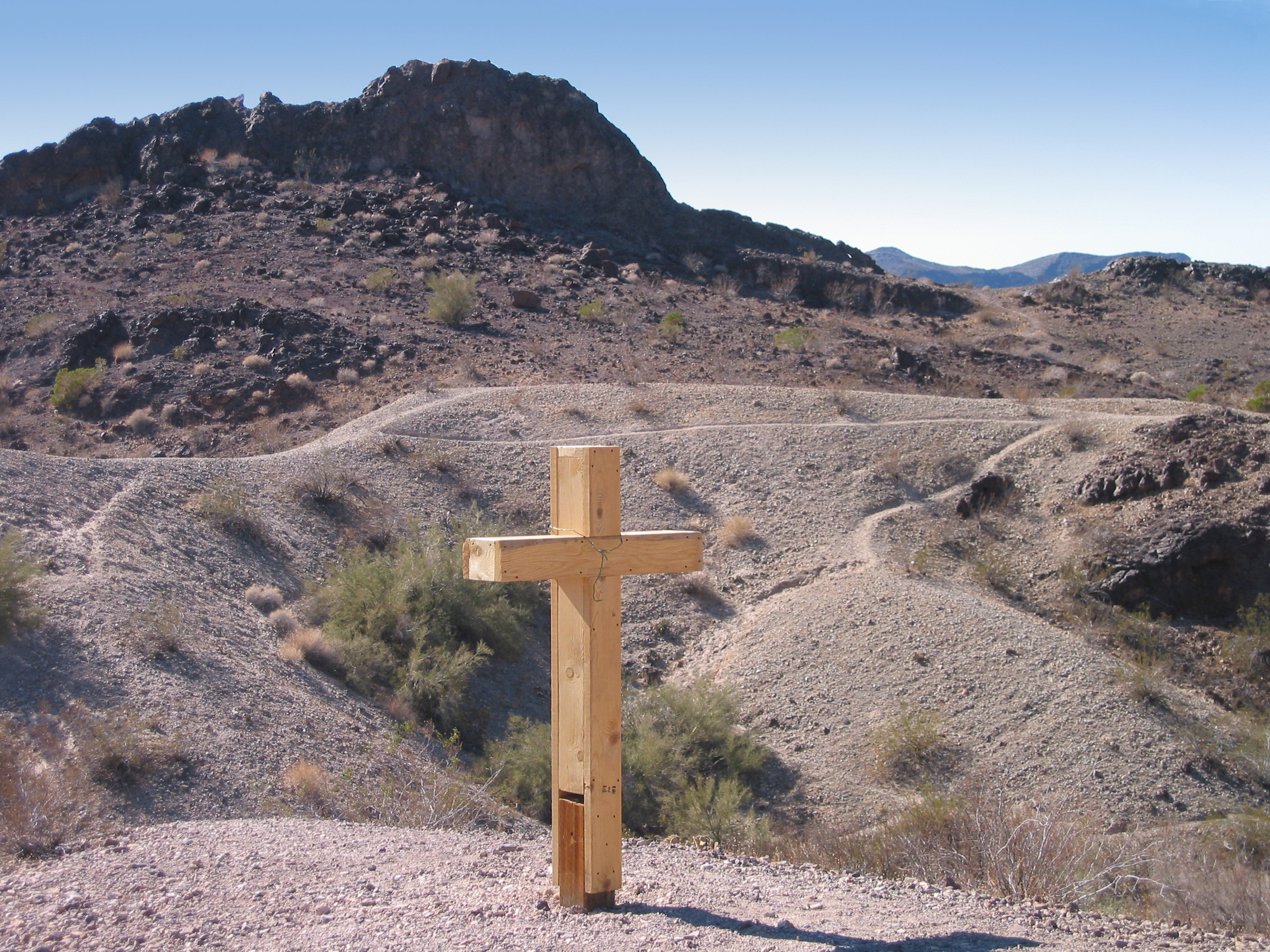For this year’s Lenten Guide, each member of the Council staff chose a verse from a favorite hymn to write about. We will post their reflections throughout Lent, for Ash Wednesday, each Sunday and throughout Holy Week.
Let us hope when hope seems hopeless,
when the dreams we dreamed have died
When the morning breaks in brightness,
hunger shall be satisfied.
“Let Us Hope When Hope Seems Hopeless” ~ The New Century Hymnal #461
During this crucial and troubling political time I have noticed that the idea of hope is repeatedly being lost and found. I know I struggle with the feelings of frustration and despair from reading so many alarming headlines. It makes it difficult to keep one’s sense of hope alive. The process I strive for when I notice my own feelings of hopelessness creep in is similar to the process I use to console someone. I remind myself that my feelings are valid, and it is okay to feel that way. I remind myself that it is important to take the time to sit and reflect on those feelings. And finally, when I am ready, I remind myself that through hope we will find the strength to move forward.
That process is embodied in this hymn verse. At first glance I took the first half of the first line to mean “let us hope when it is hard to keep hoping.” I thought, of course, like most hope-filled messages, it is telling us to keeping hoping and praying even when the world gets dark. Upon further reflection, however, I realized that this line is actually a bit more profound. I now take it to mean that we should hope even when hope itself seems pointless.. That is a very scary place to be: feeling like hope itself can no longer pull you through this darkness. But this hymn is reminding us to keep that spirit of hope alive even when we start doubting its power.
The hymn acknowledges the frustration of our feelings by relating them to dreams that unfortunately are being lost or unfulfilled. I know I had hoped that we would be living in a different political world right now. That dream has come and gone. But as the ever-wise Martin Luther King Jr. stated: “We must accept finite disappointment but never lose infinite hope.” Disappointments will come and go, but they will be overcome by the hope that we must hold on to.
The image of the first light of morning is powerful, especially for those of us who have been holding on to the anger of the night. Just like the night time, we sit and dwell on these feelings of disappointment for a period of time until it is healthy for us to move forward. When we are ready, we let our spirits be lifted by the light of the morning. Anger will unavoidably come again the next time we see a disturbing headline or hear a hateful argument. But we must remember to live with the hope that our hunger will be satisfied. That there is a larger purpose to this time of testing and growth. We must not lose the infinite hope that guides our journey forward.

